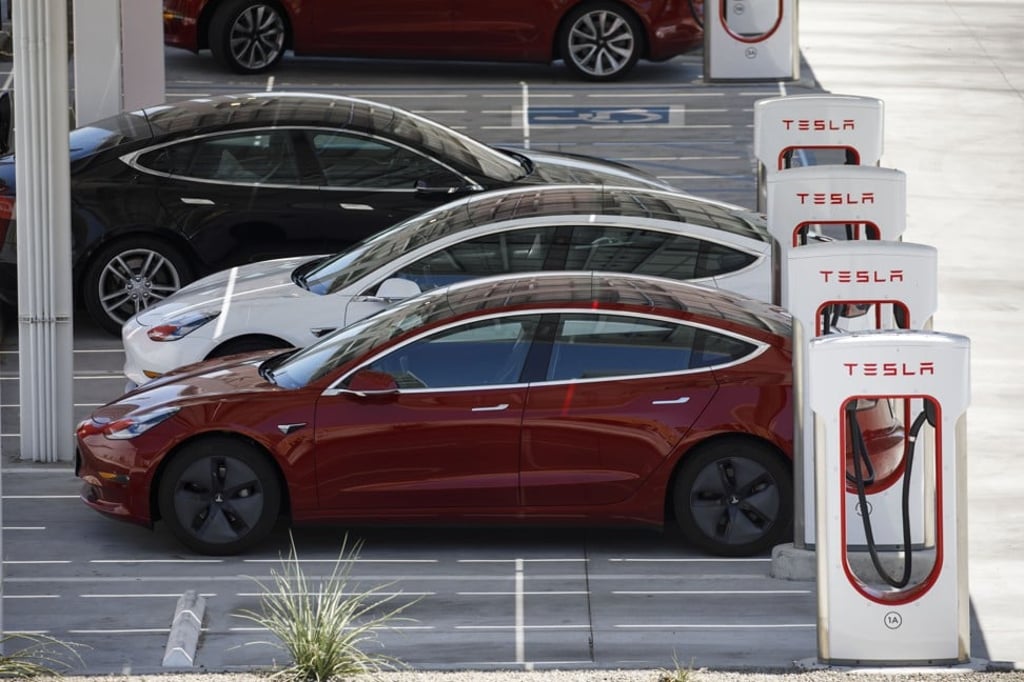Advertisement
Opinion | Trump is wrong: California’s clean vehicle policies can make America great again
- Far from hurting US carmakers, California’s zero-emission ecosystem has allowed cutting-edge electric carmaking and self-driving technology to flourish
- Trump should extend clean-car policies nationwide to create the world’s biggest zero-emission vehicle market – before China gets there
Reading Time:3 minutes
Why you can trust SCMP

The Trump administration’s recent assault on California’s clean vehicle policies will not only hurt residents of the state, but in the long run will crush the competitiveness of American car companies. The myth that California’s stringent vehicle emissions requirements have hurt United States’ carmakers is simply not true.
The state’s 1990 Zero-Emission Vehicle Mandate and other policies have created fertile ground for start-ups with bold ideas to try, succeed and excel in markets around the world.
Tesla, a Silicon Valley company, is now the No 1 electric vehicle manufacturer in the world; its Model 3 outsold the small and mid-sized luxury cars, the Lexus ES, BMW 3 series and Mercedes C-Class combined, in the third quarter this year, despite the US federal rebate shrinking to a quarter of its original amount at US$1,875.
Advertisement
More impressively, during the same quarter, Tesla’s Model 3 was also the sixth-bestselling car in the US, beating cheaper models such as Hyundai Elantra, Nissan Sentra, and Ford Fusion. Globally, the Model 3 has caught the imagination of European consumers, becoming a top seller of all vehicles in Norway, the Netherlands, and (briefly) Switzerland, the world’s three wealthiest nations.
In Europe, the Model 3 also briefly outsold its three German competitors in the premium mid-sized sedan market. Having teamed up with Fiat Chrysler Automobiles, Tesla is expected to sell more next year, as manufacturers will start to pay fines if the average carbon dioxide emissions of their new cars sold in Europe exceed 95g/km.
Advertisement

California has the largest zero-emission bus and truck fleets in the nation, mostly thanks to Proterra and BYD USA. It has the largest population of fuel cell electric vehicles in the world, with hydrogen refuelling stations stretching across the elongated state.
Advertisement
Select Voice
Select Speed
1.00x
